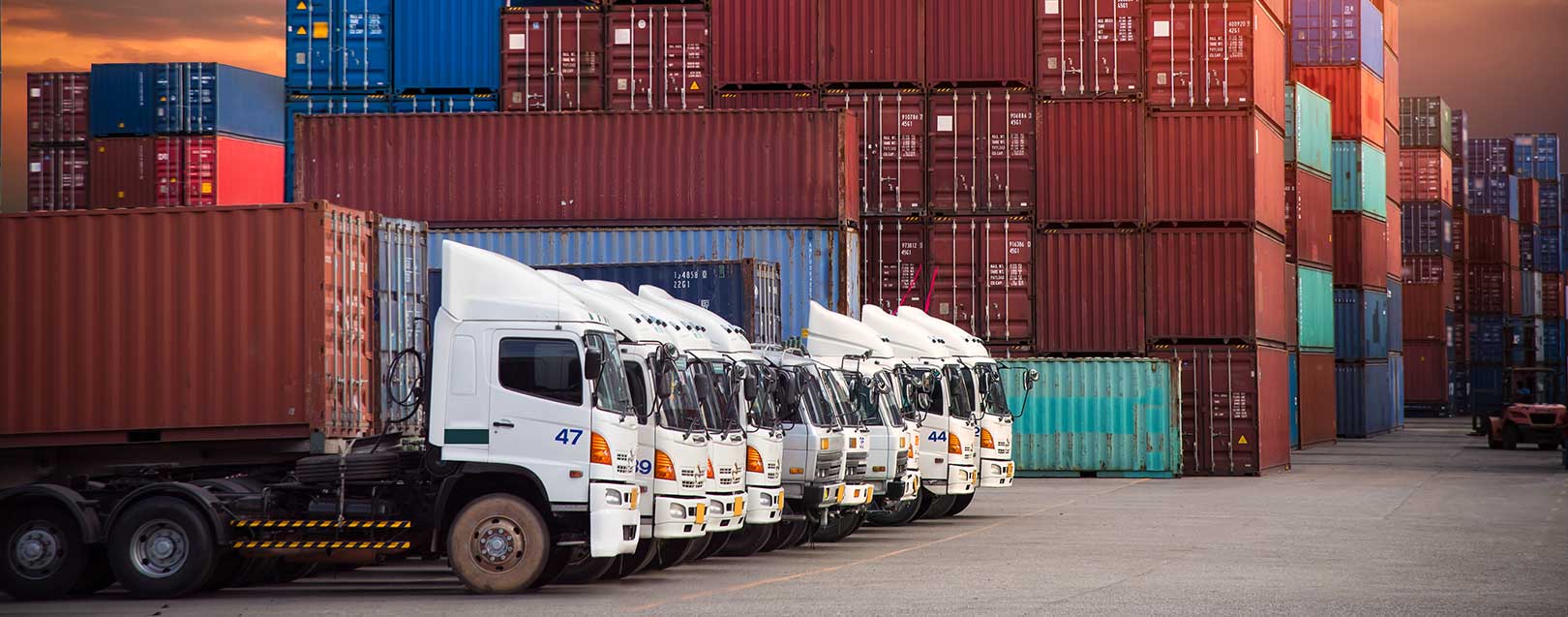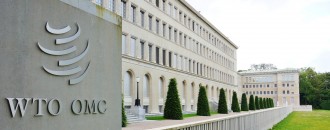
Exempt SEZs and EOUs from GST: EPCES
The Dollar Business Bureau
At a workshop in New Delhi on the implications of GST for special economic zones (SEZs) and export-oriented units (EOUs), it was unanimously agreed upon that these zones must be exempted from GST.
The Export Promotion Council for EOUs and SEZs (EPCES) has urged the Centre to refrain from levying the new Goods and Services Tax on SEZs and EOUs which have hitherto enjoyed plenty tax breaks. To continue to attract investment and boost exports, it is imperative that under the new tax regime, these entities continue to benefit from tax rebates.
"During the workshop, it was unanimously decided that EPCES must request the central and state governments to provide an exemption to SEZs from payment of CGST/SGST/IGST as there is no mechanism in SEZ Act for the refund and it is also not a subsidy," the EPCES said in a statement.
As per the GST norms, SEZs and EOUs are expected to pay taxes on the supplies procured from domestic tariff areas (DTAs), after which a claim for refund can be filed. Since SEZs and EOUs are primarily export-based, EPCES contends that these purchases from DTAs must also be treated as export merchandise.
Up until now, under the indirect tax regime, the growth of SEZs has been buoyed by both ab-initio tax-exemption on material purchases made within certain areas, as well as refund mechanisms for such taxes.
Under GST, the government has stated that exports will continue to be zero-rated. An initial attempt was made by the GST council in 2016 to make the new tax mechanism exemption-free, by abolishing upfront exemptions to SEZs and instead, introducing refund mechanisms. After considering the added administrative burden from processing refund claims and opposition from the industry, the government agreed to categorise purchases from special zones in the zero tax bracket under GST.
The government is unlikely to make drastic changes which will affect export incentivisation negatively. Such a policy would not align with the Centre's goal of increasing export competitiveness. By 2020, the Foreign Trade Policy targets to increase exports $900 billion.






 to success.
to success.